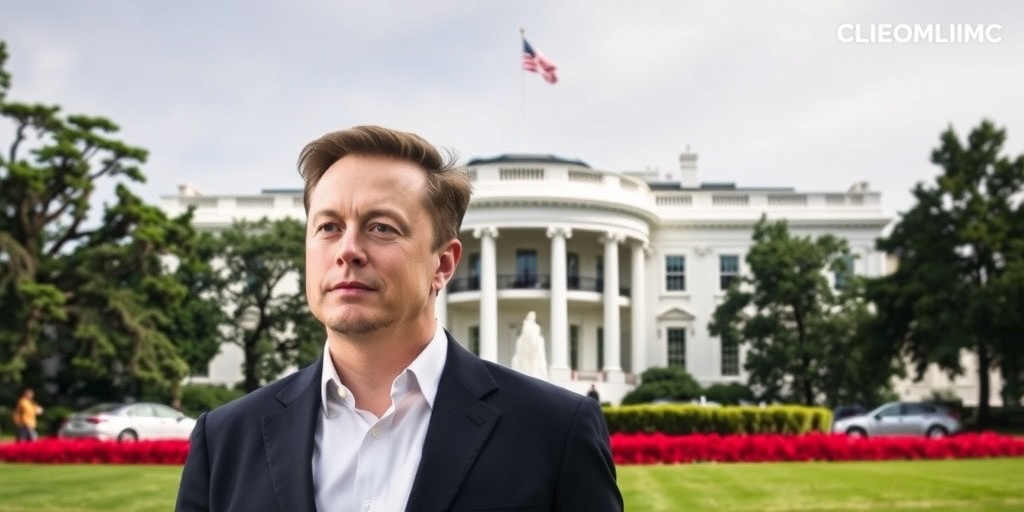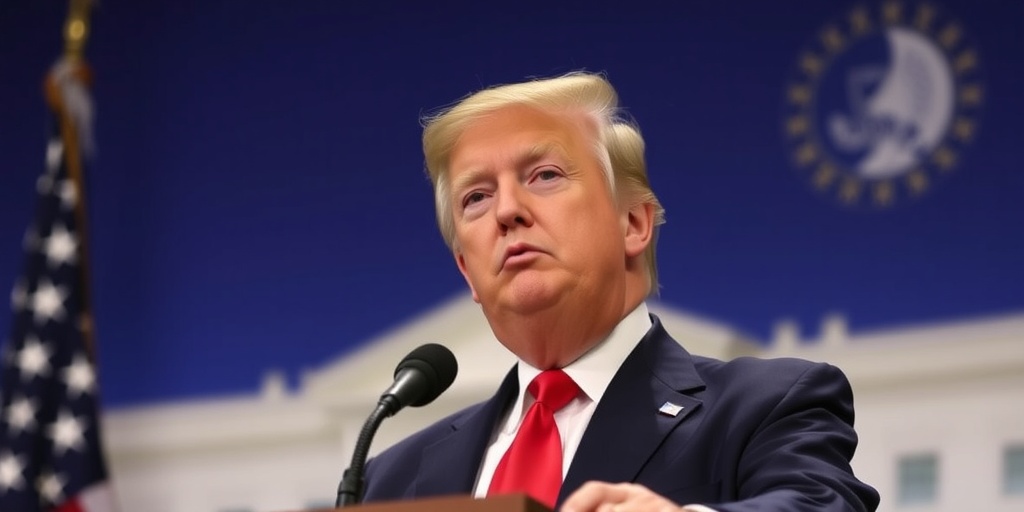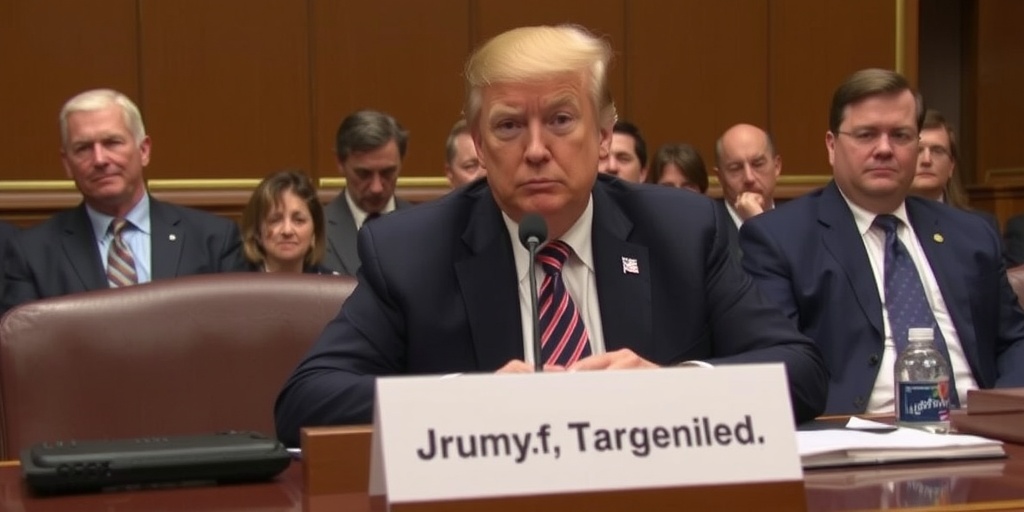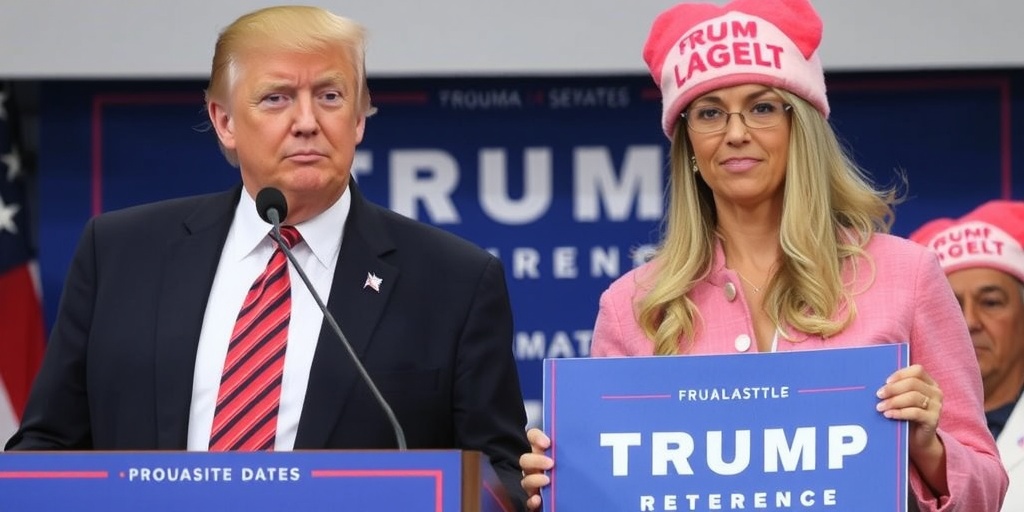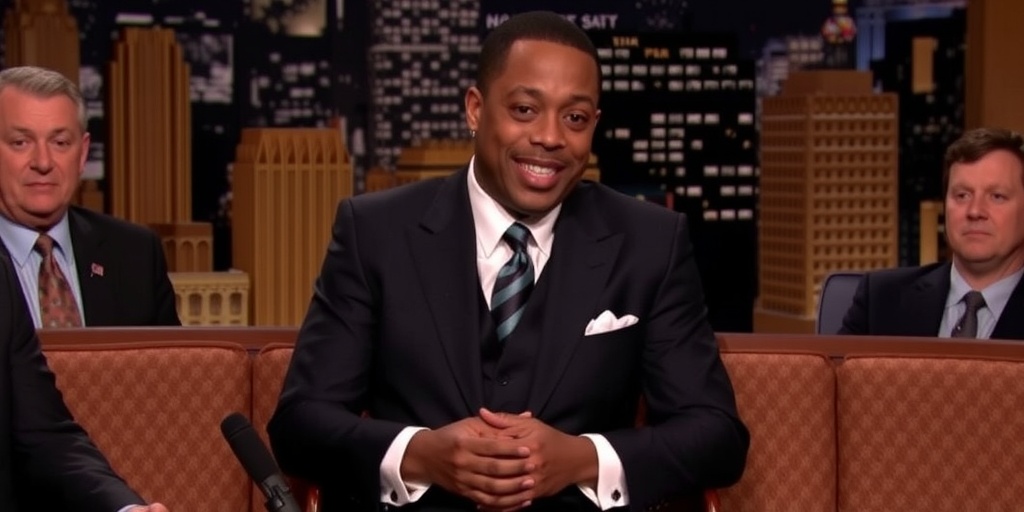Now Reading: From Resistance to Resignation: Washington’s Shift
-
01
From Resistance to Resignation: Washington’s Shift
From Resistance to Resignation: Washington’s Shift
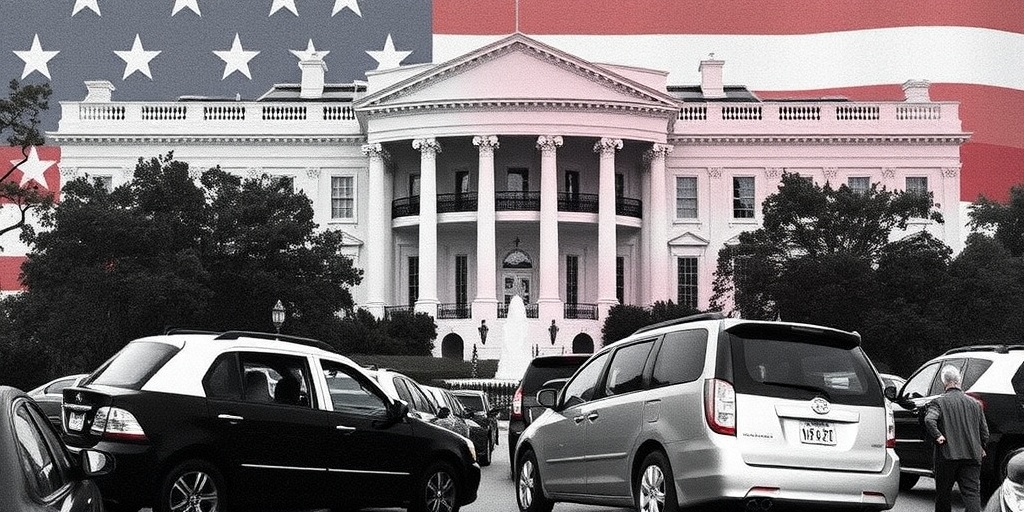
Title: A Historic Transition: Understanding the Unprecedented Circumstances Surrounding President-elect Donald J. Trump’s Inauguration
As the nation prepares for the swearing-in of President-elect Donald J. Trump on Monday, the political landscape is markedly different from that of his first term in January 2017. This transition period is characterized by a unique set of challenges and circumstances that set it apart from any previous inauguration in modern history.
Peter Baker, the chief White House correspondent for The New York Times, highlights several key factors that underscore the significant differences between these two moments in time. One pivotal aspect is the ongoing political polarization that has become more pronounced since Trump first took office. While the contentious nature of American politics was evident in 2016, it has only intensified over the past four years, resulting in deep divisions not only between political parties but also within them.
One of the most striking differences in this transition is the heightened sense of urgency surrounding the inauguration. Following a tumultuous election marked by claims of voter fraud and widespread misinformation, many Americans are feeling anxious about the legitimacy of the electoral process. In an unprecedented move, Trump has made numerous false claims about the integrity of the election, suggesting that it was “stolen” from him, which has led to an increased sense of unrest among his supporters and a sense of apprehension among the populace.
Baker notes that this environment is compounded by the recent events surrounding the Capitol riot on January 6, where a mob of Trump supporters breached the Capitol building in an attempt to overturn the election results. This incident has not only heightened security concerns for the inauguration but has also left an indelible mark on American democracy. The aftermath of the riot has prompted the deployment of thousands of National Guard troops to Washington D.C. to ensure a safe transition of power, a move that reflects the seriousness of the current political climate.
Another significant factor influencing this inauguration is the unprecedented number of legal challenges facing Trump. As he prepares to leave office, he will depart under the shadow of multiple ongoing investigations and lawsuits. These include inquiries into his business dealings and actions taken while in office, which could have lasting implications for his future and the future of his supporters. The specter of potential legal repercussions adds a layer of uncertainty to the transition process and raises questions about accountability at the highest levels of government.
In addition, the impact of the COVID-19 pandemic cannot be overstated. Trump’s handling of the pandemic has been a major point of contention during his presidency, and as he transitions from office, the country is facing significant public health challenges. The vaccine rollout has been met with both hope and skepticism, and the incoming administration will be under immense pressure to manage the crisis effectively. Baker emphasizes that the pandemic has altered the way in which the inauguration is traditionally celebrated, with many events scaled back or held virtually due to health concerns.
Moreover, the political landscape is shifting as Joe Biden prepares to take office as the 46th President of the United States. With the Democratic Party gaining control of both the House of Representatives and the Senate, Biden’s administration will have a unique opportunity to implement its agenda. However, the degree to which he can unify a fractured nation remains to be seen. Baker points out that Biden’s ability to bridge the divide between Republicans and Democrats will be critical in moving the country forward. The upcoming administration faces the daunting task of fostering a sense of national unity while addressing the pressing issues that have plagued the country.
As Trump’s second inauguration approaches, it is evident that this moment in American history is unlike any before it. The confluence of political polarization, security concerns, legal challenges, public health crises, and the shifting dynamics within Congress has all contributed to an atmosphere of uncertainty and tension. As the nation looks ahead to a new administration, the importance of healing and collaboration is paramount.
In conclusion, the inauguration of President-elect Donald J. Trump on Monday is not merely a transition of power; it is a reflection of the complex and often tumultuous landscape of American politics today. As the country braces for this pivotal moment, it carries with it the hopes and fears of a deeply divided populace, reminding us that the road ahead will not be easy but is essential for the future of democratic governance in the United States.
Stay Informed With the Latest & Most Important News
Previous Post
Next Post
-
 01New technology breakthrough has everyone talking right now
01New technology breakthrough has everyone talking right now -
 02Unbelievable life hack everyone needs to try today
02Unbelievable life hack everyone needs to try today -
 03Fascinating discovery found buried deep beneath the ocean
03Fascinating discovery found buried deep beneath the ocean -
 04Man invents genius device that solves everyday problems
04Man invents genius device that solves everyday problems -
 05Shocking discovery that changes what we know forever
05Shocking discovery that changes what we know forever -
 06Internet goes wild over celebrity’s unexpected fashion choice
06Internet goes wild over celebrity’s unexpected fashion choice -
 07Rare animal sighting stuns scientists and wildlife lovers
07Rare animal sighting stuns scientists and wildlife lovers













